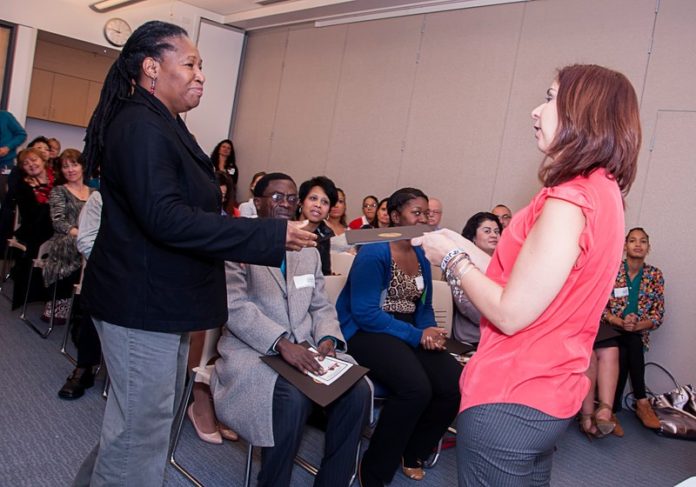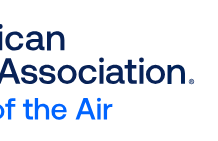
Rhode Island is facing a current and future shortage of experienced nurses – but that doesn’t mean getting a job in the industry is easy, even for college graduates with a degree in the field.
As Anna Hammond of Cranston found out, the difference between the skills you learn in the classroom and what you need in an acute care facility is significant.
“Being on the medical floor at Rhode Island Hospital for eight weeks – actually giving medications and taking care of patients independently – it’s a big difference from the college experience,” said Hammond, a 23-year-old Rhode Island College graduate. “The first year of practicing as a nurse you are gaining skills you need. I think I learned more in eight weeks working than I did from all the books in nursing school.”
To bridge that skills gap between nursing school and full-time employment, Hammond enrolled in the nurse residency program from Stepping Up, a nonprofit and health-industry partnership designed to educate the future workforce.
In Hammond’s case, the boost from Stepping Up paid off.
Before the end of her 13-week internship at Rhode Island Hospital, she landed a permanent job at another Providence facility in the Lifespan chain – The Miriam Hospital – which she started Dec. 15.
Helping nurses improve their skills and find permanent employment is just one facet of Stepping Up’s mission to cultivate a stronger workforce.
The organization’s other main program is focused on helping unemployed Rhode Islanders, particularly those without any training, gain a foothold in the health care sector.
Last month, Stepping Up held a graduation at Women & Infants Hospital in Providence for 21 students of the Healthcare Career Orientation Program.
The program works with adult-education organizations – primarily Dorcas International Institute of Rhode Island and Genesis Center, both of Providence – to introduce Rhode Islanders on low incomes, unemployed or underemployed to entry-level jobs.
For students, Stepping Up provides seven to eight weeks of classroom training, including basic professional skills, resume writing, interview practice and teamwork training, plus some health care-specific knowledge on things like HIPAA rules, blood-borne pathogens, food safety and first aid.
At the end of the classroom period, the students are set up with a five-week internship at a local health care provider.
But for these students, many referred by social service case workers, getting into an industry with a steady demand for labor is a big deal.
“Our mission is to provide people in underserved populations in Providence, Woonsocket, Westerly and Newport with training to advance in health care careers,” said Barry Nickerson, operations coordinator for Stepping Up Rhode Island. “We collaborate with health care employers to remedy the skills gap and provide a culturally diverse workforce in the cities we work in that matches the people they serve. We try to develop innovative practices to meet expected employee demand in advance of when it occurs.”
After graduation from the formal program, Stepping Up offers mentoring, tutoring, job-placement services and continuing education through the Community College of Rhode Island – all without fee.
Founded in 2007, Stepping Up has served 476 Rhode Islanders and roughly 70 percent of them have found jobs after finishing one of the programs.
Stepping Up is a health care industry partner of the R.I. Governor’s Workforce Board, which in recent years has been ramping up collaborations with industry groups to better connect the unemployed to job openings. Stepping Up developed the Governor’s Workforce Board medical-assistant-training curriculum.
As Rhode Island’s population skews older and the number of uninsured shrinks under the Affordable Care Act, demand for health care workers is projected to increase and Stepping Up expects to grow with it.
The program is now enrolling roughly 200 people per year, an increase from its early years after being founded in 2007.
Nickerson said Stepping Up expects to start expanding its geographical reach to more of the state in the next year or two.
On the nursing side, Stepping Up is part of a larger national effort to help registered nurses get their bachelors in nursing, which is becoming required in the industry, and then bridge that first-year experience gap.
“For most nursing positions now you need one to three years of experience to be hired, but sometimes they will take Stepping Up instead,” Hammond said. •












